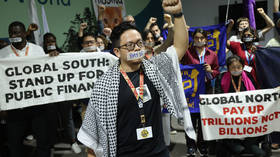The Global South is furious after the West leaves it holding the bill for climate change

Geopolitical reality was again out in the open as the developed world, mainly Western nations, did everything at the annual UN global summit on climate change in Baku, Azerbaijan, to wash their hands of their historical responsibility.
Though India, which is trying to stake its claim to the mantle of the Global South’s climate leader, could not stop the new finance deal from going through, it voiced its strong opposition calling the proceedings “disappointing” and “stage-managed.”
The new finance deal, called the New Collective Quantified Goal (NCQG) and achieved at the 29th edition of the United Nations Conference of Parties (CoP), provides about $300 billion annually for developing countries by 2035.
The annual climate summit at Baku was dubbed the ‘finance CoP’ and it was expected that ambitions would be raised considering that the impact of climate change is already visible. The final figure, however, has come under heavy criticism as it is a far cry from the demand of about $1.3 trillion per year. It will replace the $100 billion annually that was agreed upon in 2009.
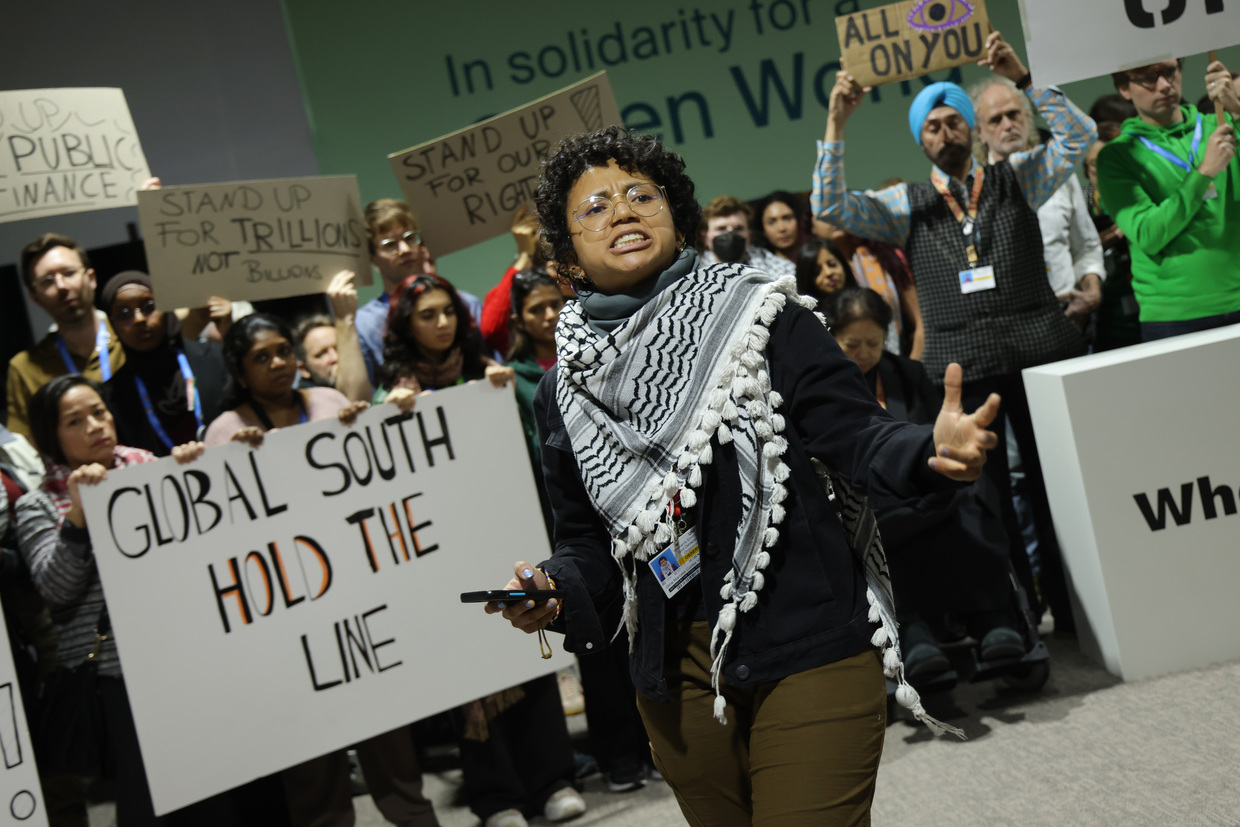
A livid India termed the deal “too little, too distant.” The Indian government’s negotiator, Chandni Raina of the department of economic affairs, raised questions about the process and said the Indian delegation was not allowed to speak before the deal was adopted, even as it had informed the CoP presidency that it wanted to make a statement before the final decision.
“…This has been stage-managed, we are extremely disappointed,” said Raina while recording India's opposition. India’s stern stance drew cheers from those in the plenary room and countries such as Nigeria, Malawi and Bolivia also extended their support.
Former Indian Ambassador Manjeev Singh Puri emphasized that India’s response to CoP29 negotiations was befitting a “global south leader.”
“15 years ago, at the Copenhagen CoP, the developing countries were promised $100 billion a year but that was barely achieved,” Puri told RT. “The expectation at Baku was that it would be significantly increased considering the climate change impact the world is witnessing. Alas, that was not the case.”
He emphasized that India pointed out the deficiencies in the negotiations and “rightly so.”
“The process and outcome have left a lot to be desired. But the good part is that the global south remained together,” said Puri, a distinguished fellow with TERI, a Delhi-based climate think tank.
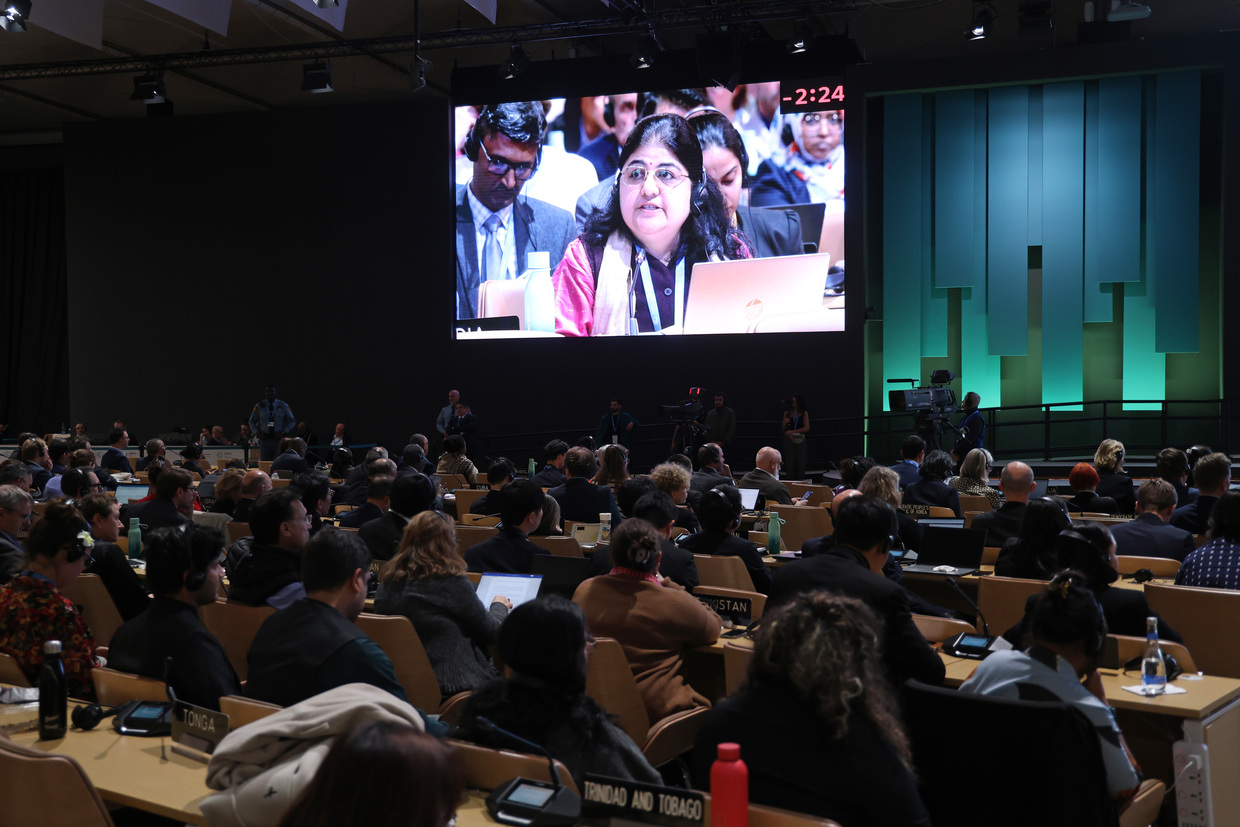
Developed countries got away easy
Echoing sentiments similar to Puri, Sehr Raheja, program officer (Climate Change) at the Centre for Science and Environment, a climate think tank, said “The NCQG outcome is disappointing, not surprising.”
“Developing countries including India, Bolivia, Nigeria all voiced their opposition to the NCQG in its present form, yet it has been adopted ... Apart from the quantum of finance, the lack of sub-goals for mitigation, adaptation, loss and damage; the too long timeline of 10 years (“by 2035”) and reduced emphasis on grants and grant equivalent finance have made this outcome a rather weak one. It feels like a lost opportunity,” Raheja told RT.
She stressed that the “West has gotten away far too easily... not that opposition was not voiced by various developing country groups throughout the two weeks of CoP29, it was. The deal that has been agreed upon seems more a deal of convenience, than delivering on the historical responsibility and moral imperative of the global north …”
Aparna Roy, who works as a fellow and lead for climate change and energy at the Observer Research Foundation, noted that it is undeniable that the Western world continues to sidestep its historical responsibility.
“While CoP29 made some progress on acknowledging the urgency of reducing emissions, there was inadequate accountability for the historic carbon footprint of industrialized nations,” she said. “The world can no longer afford for wealthier nations to pay lip service to climate solidarity while avoiding real, transformative action.”
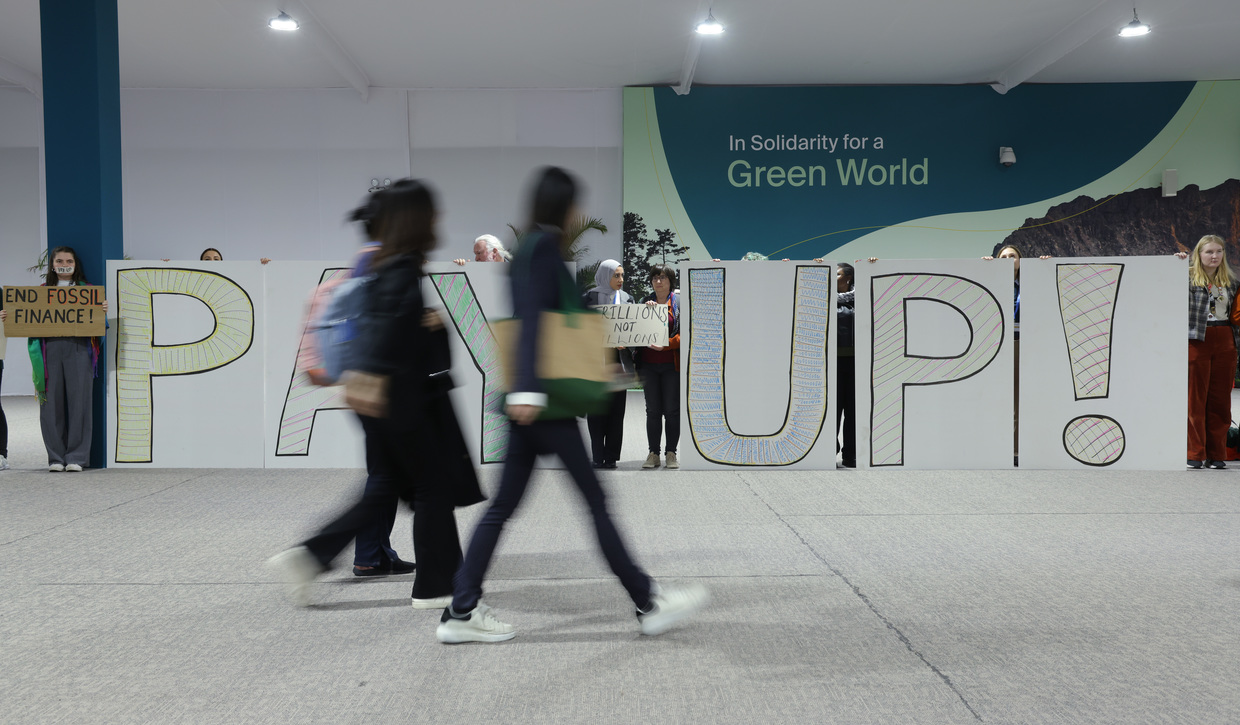
Talking about the $300 billion annual finance deal from 2035, Aarti Khosla, who heads Delhi-based research consultancy firm Climate Trends, said “It has been inadequate in the amount of funding and a tough pill to swallow.”
“However, finer elements like setting aside funds for least developed countries is slight progress. Climate is a matter of life and death for some countries. It is hard to find positive developments at these very tricky negotiations. Baku has given a deal but kept no one happy, everyone has stayed in to retain the spirit of multilateralism,” Khosla said.
What does it mean for India?
The outcome of CoP29 is being termed a mixed bag by many. Experts acknowledge the near disaster the summit turned out to be but are still trying to find the glass half full even as some see the glass already broken.
But what is common among them is that what happened at CoP29 strengthened the image of India as a leader of the Global South, which New Delhi has been actively building.
Asked if CoP29 was a disaster for India, ORF’s Aparna Roy told RT that “India’s disappointment lies in the continued lack of concrete commitments from developed nations, particularly around climate finance and loss and damage.”
“CoP29 reinforced India’s position as a leader in the Global South. Our push for greater focus on sustainable lifestyles through initiatives like Mission LiFE and our contributions to clean energy transitions, such as the International Solar Alliance, gained global recognition. CoP29 was a reminder that the fight for a fair and just climate transition is ongoing. India must remain vigilant, proactive, and united with other vulnerable nations to ensure our interests are safeguarded in future negotiations,” she noted.
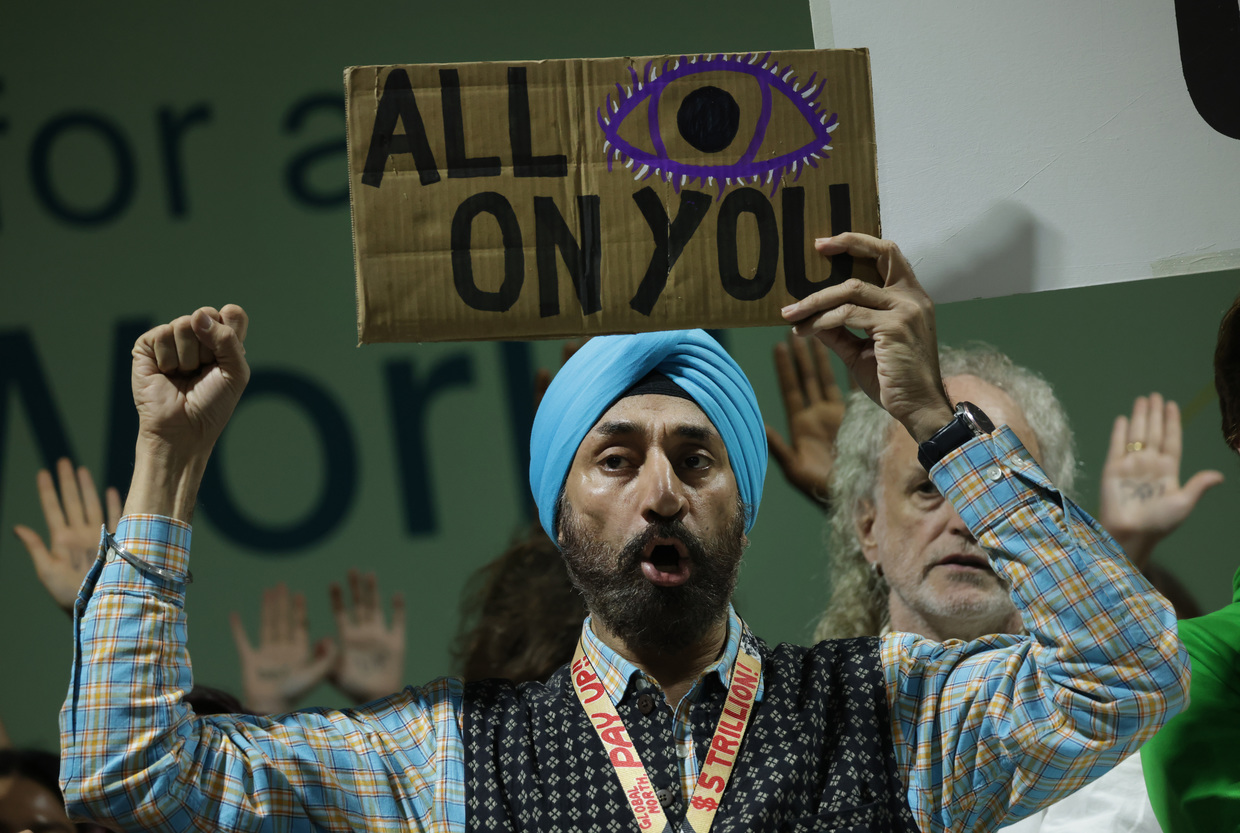
Experts also point out that the summit is a note of caution for developing nations who are being continuously pushed to adopt the low-carbon transition, even at the cost of growth, while the developed world is neither ready to make any adjustments nor to help the developing world.
India has been under pressure to transition away from fossil fuels even as it has maintained that energy security and energy independence is critical for it to sustain economic growth and feed 1.4 billion people. The South Asian nation, however, has repeatedly highlighted its rapid strides on the renewable energy transition front. It has an ambitious goal of 500 gigawatts of non-fossil fuel capacity (mainly renewable power) by 2030 and New Delhi maintains that the country will achieve this.
Roy stressed that the UN climate summit exposed significant roadblocks in global climate negotiations that developing countries such as India would need to navigate strategically. She suggested that India needs a “multi-pronged approach” and should focus on strengthening domestic resilience by building climate-resilient infrastructure and focusing on sectors such as water, agriculture, and energy.
India should leverage “South-South cooperation” and “should strengthen alliances with countries in the Global South to amplify our collective voice,” Roy said, while adding that India must advocate for “reforms in international financial institutions” to ensure the needs of developing and vulnerable countries are addressed.
Experts, however, argue that in the present geopolitical scenario marred with several conflicts, the new goal was probably the best possible at the moment – a saving grace.
